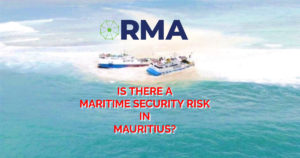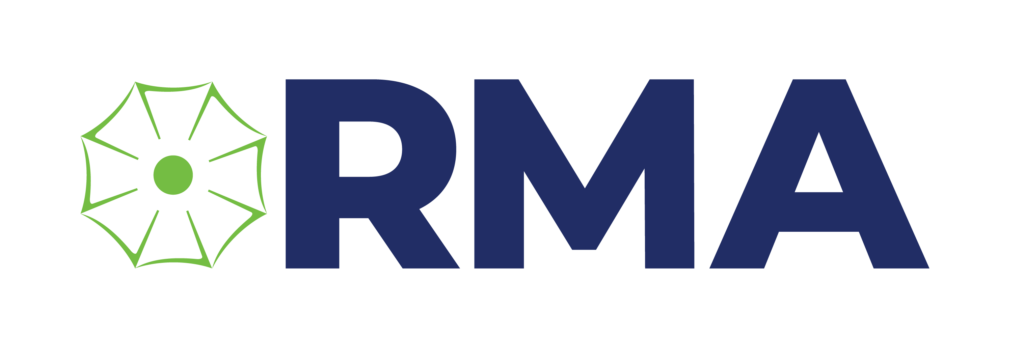On the 23rd of February 2022, 3 Taiwanese-owned fishing vessels got stranded on coral reefs off the Mauritian coast, 1 of them at the almost exact location as another Chinese-owned ship got stranded one year earlier. After the sinking of the MV Wakashio & the major oil spilling it triggered around Mauritius in 2020, let us try to see why such naval accidents are more frequent lately.

Is Mauritius prepared?
The Mauritian authorities knew about the risk of maritime accidents as the ones which occured at Pointe aux Sables and Bain des Dames lately. Indeed, it was not the first time that a ship got stranded on both reefs, which is only a few miles from where thousands of ships pass by on their voyage between Asia and the Cape of Good Hope.
Mauritius has a National Oil Spill Contingency plan in place, drafted with the help of the IMO and the UN Environmental Programme. The country has also been the beneficiary of several large-scale capacity building projects that aimed to develop a regional oil spill response and advance national preparedness for environmental disasters at sea.
These include a US$ 4.9 million project called Western Indian Ocean Island Oil Spill Contingency Planning which ran between 1998 and 2006. It aimed to build appropriate national and regional oil response capacities in Comoros, Seychelles, Madagascar and Mauritius, and highlighted that the Indian Ocean Islands were at risk of a spill occurring and causing an environmental disaster.
While this project mainly addressed national level oil spilling responses, its successor project was more geared towards maritime surveillance. The US$ 26.7 million Western Indian Ocean Marine Highway Development and Coastal and Marine Contamination Prevention project ran from 2007-2012 with the goal of developing and implementing a regional strategy. Kenya, Tanzania and South Africa were included in the project.
Existing maritime security projects linked to Mauritius
Three large scale capacity building projects have taken place in the region. These addressed maritime security from different angles. Tackling Somali piracy and other forms of blue crime have been the core drivers, but also concerns over the conservation of the ocean & maritime surveillance in general.
The Djibouti Code of Conduct is a regional maritime security cooperation agreement initiated by the IMO in 2008. Initially focused on piracy, it was extended to cover environmental issues, amongst others, in 2017. Its programme implementation unit was established in 2010 with a budget of US$ 13.8 million.
A second major initiative is the MASE project funded by the European Union. Its main goal is to enable states in the region to develop an accurate picture of the maritime domain and to develop coordinated rapid responses. Between 2013 and 2020 more than US$ 30 million was spent here.
The third pillar is under the Nairobi Convention, a major focus of which is the prevention of pollution and oil spills. Its sea programme is called SAPPHIRE and has a budget of US$ 8.8 million for 2016-22.
Unfortunately, it appears that none of these expensive endeavours were capable to respond in any substantive manner to the recurring Mauritian maritime breaches of its coastal security.
Key questions to ask include:
a) Why is the escalatory potential of ships getting too close to Mauritian coastal lines apparently missed all the time? Are the right people in the right roles at the right time, and are their voices/alerts heard by decision makers?
b) Does the right training go to the right people? An earlier report by World Bank on the Oil Spill Contingency Programme suggested that “[participating] countries sometimes nominated high-level officials rather than front-line staff for training.” Some of the rescue operations reported in the Mauritian media in response to the latest maritime accidents tend to show that training is ineffective or non-existent .
c) Are the Mauritian National Coast Guard and Special Mobile Force properly equipped for coastal surveillance, maritime attack prevention & maritime rescue operations?
